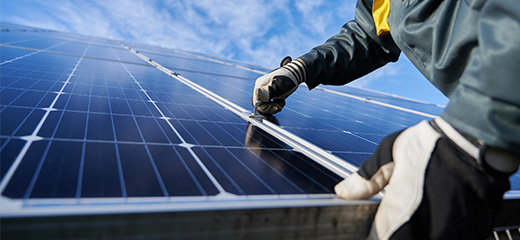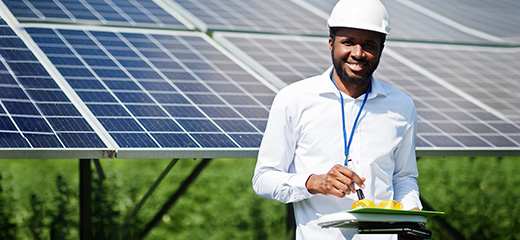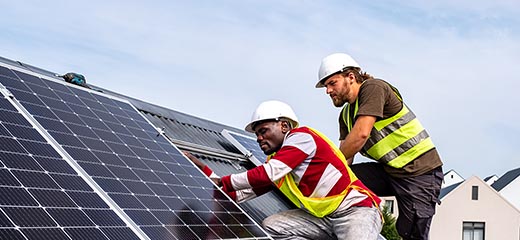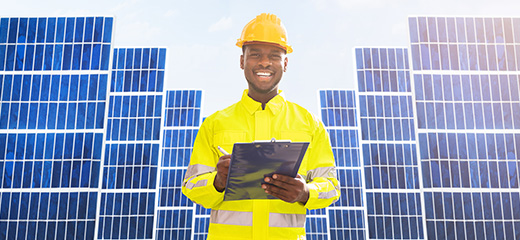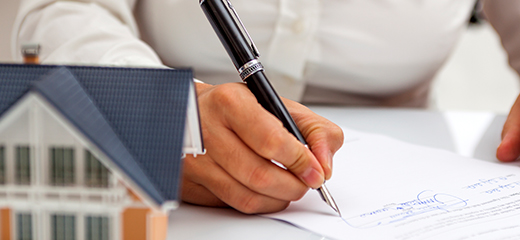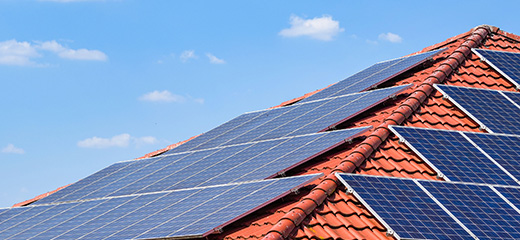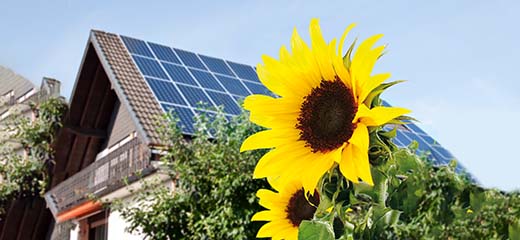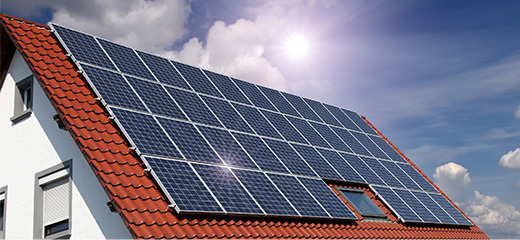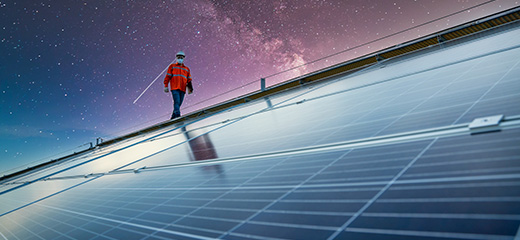
How a solar installation impacts home insurance
If you’re thinking of getting a solar system for your home, or have already installed one, it’s important to bear in mind that this addition to your property has implications for your homeowners’ insurance policy.
Reports of collapsed roofs and house fires caused by faulty solar installations are becoming more frequent and are of great concern for homeowners thinking of investing in solar. What’s more, the situation has become bad enough for the Consumer Goods and Services Ombud to issue a solar warning.
Understanding how a solar installation could impact on your homeowners’ insurance policy will help you take the necessary steps to protect yourself, your solar investment and your home.
When do I need to inform my insurer about a solar installation?
Just like any other alterations to the insured property, solar installations constitute a material change in risk and therefore your insurer must be notified. Ideally, this should happen before you confirm your solar purchase as you’ll want your insurer to guide you on what will be required from your installer and installation to maintain the insurance coverage.
The good news is that adding your solar installation to your insurance policy is unlikely to result in a large premium hike. While you’re at it, make sure your insured amount is based on the replacement value of your home rather than the market value.
If you have already installed a solar system, then you’ll want to inform your insurer as soon as possible to ensure it is included in your policy. Note that any damage or theft to a solar installation may not be covered or may trigger underinsurance if you have not notified your insurer and there is claim.
What is covered when you add a solar installation to a homeowners’ insurance policy?
Typically, solar installations are treated as fixtures and fittings of the property and will normally be covered against damage caused by:
- Fire
- Lightning and explosion
- Storm, wind, hail and flood
- Theft or attempted theft
- Impact (by animals, aerial devices, trees and vehicles)
- Malicious damage
Notably, equipment failure due to inherent design deficiencies, inefficacy and defective installation is generally not covered by insurance, so choose your installer and solar system wisely.
Bear in mind that insurers may impose certain limitations, restrictions or excesses that are specific to that solar installation. Make sure to take the time to request and read over your new policy documentation.
What documentation will need to be provided to your insurer?
Insurers need to make sure that any changes made to a property are in line with relevant standards and regulations and properly installed. This is particularly relevant for solar installations as these systems add weight to your roof and involve substantive electrical wiring which could be dangerous if not up to scratch.
While requirements may vary, expect to be asked for the following documentation:
- Detailed invoice: This invoice should specify the brand, type, size and number of the solar panels, inverters and batteries as well as the total cost of installation.
- Electrical Certificate of Compliance (CoC): As your solar system will be wired into the main electrical distribution board of your home, an electrical Certificate of Compliance is required by law. This CoC states that the installation is safe and meets the regulatory standards.
- Structural engineer’s certificate: Your insurer will also want to make sure your installer dealt with the structural soundness of the installation of solar panels on the roof and may ask for a structural engineer’s certificate. Bear in mind that some panels weigh up to 40kg each, depending on brand and size, and your roof trusses may not be able to carry the weight of multiple panels over an extended period of time. Should your roof collapse because the structure wasn’t able to bear that weight, your insurer could reject your claim.
Simply put, it is important to ensure that your solar system is installed by installers who have the proper qualifications and experience, not just to keep your insurer happy, but to safeguard your family too.
Although some companies don’t request documentation when you add your solar installation to your homeowners’ policy, all insurers will require specific information from you in the event of a claim. Make sure to keep this documentation in a safe place.
What happens if there’s damage during the installation?
This is an important aspect for households to consider before embarking on a solar installation. Notably, if the damage to the property is caused by the installer, it is the installers responsibility to fix the damage.
It is essential for homeowners to make sure that their chosen installers have appropriate insurance in place to cover any damage that might take place during the installation.
What happens if the installer doesn’t have appropriate insurance cover for the installation?
If there is damage to your home during the installation and your installer does not have relevant insurance in place, you’ll have to cover the costs of the repairs yourself and then take legal action against the installer to recover the costs.
Bear in mind that if your installer doesn’t have the resources to pay for essential insurance coverage, your chances of recovering the cost of fixing major damage such as a collapsed roof are not great.
What happens if there is structural damage to the home in the months following an installation?
If the structural damage is caused by one of the specified insured events, such as fire, weather conditions or impact, and your property is in good condition; your insurer should pay out for the repairs in line with the policy.
However, it’s important to remember that structural damage arising from the faulty design or defective workmanship of a solar installation is not covered by a homeowners’ insurance policy. In such a case, you would need to take legal action against the installer.
Under what circumstances would a claim be rejected?
One of the most important things to remember as a homeowner with insurance, is the onus placed on you to keep your home, fittings and fixtures in good condition. This expectation will extend to your solar system so be sure to keep your solar system properly maintained and serviced on an annual basis to ensure the safety and security of the installation.
As mentioned before, your insurance policy will not cover problems arising from defective design and installation and neither is normal wear and tear covered. Remember, however, that your solar equipment will come with manufacturer warranties or guarantees and this should be your first port of call for any component failures.
LookSee's solar offering includes a free consultation with an Energy Advisor and a Savings Guarantee with R2 000 cashback if we miss the mark.
